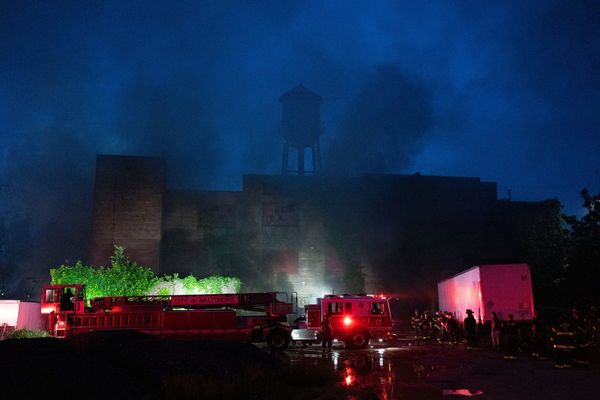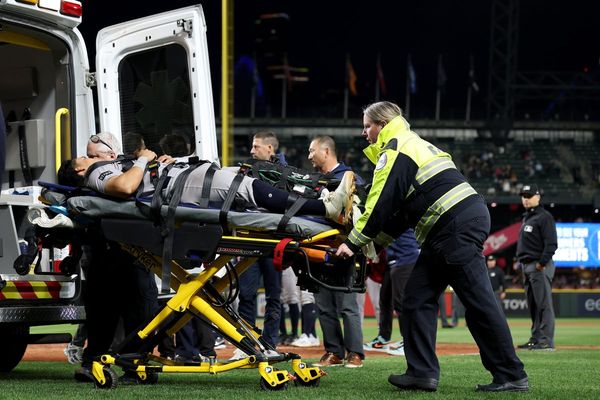
Thousands of resident doctors in England will be balloted for strike action over pay, raising the threat of a summer of stoppages, the British Medical Association has announced.
The move comes seven months after they accepted a 22.3% pay rise over two years, for 2023-24 and 2024-25, bringing to an end one of the longest and bitterest disputes in recent NHS history.
Resident doctors – previously known as junior doctors – staged 18 months of strikes during which they stopped work on 44 days, sometimes for five days at a time. The industrial action caused enormous disruption to the NHS, to other medical staff and to patients waiting for treatment.
On Friday, the union said three weeks had passed since it warned the government of the “consequences of the absence of a reasonable, timely pay offer” for 2025-26. Its ballot will open on 27 May and close on 7 July.
If returned with a “yes” vote, a mandate for strike action would last from July 2025 to January 2026.
The co-chairs of the BMA’s resident doctors’ committee, Dr Melissa Ryan and Dr Ross Nieuwoudt, said after a meeting with the health secretary: “Today we met with Wes Streeting and made clear that all he would have to do to avoid the need for a ballot was pledge to negotiate a fair deal that moved us toward pay restoration by 2027, in line with existing BMA policy.
“Unfortunately, he could not make this commitment.
“Resident doctors are not going to be ignored. We are going to stand up for our value to the NHS and to patients, and we are going to fight to stay on the path set out for us by last year’s deal: restoration of our pay to the level of 2008.
“No doctor today is worth less than they were 17 years ago, and that is precisely what doctors voting ‘yes’ to industrial action will be telling the government.
“We don’t want to be in the situation where we have to fight over and over again for our worth. We would rather get on with our careers and our work caring for our patients.
“But our successful action over previous years shows clearly that if that is what we must do, then doctors are more than prepared to do it.”
The 22.3% rise agreed in September last year was less than the 35% the BMA was seeking as “full pay restoration” for the fall in earnings experienced since 2008. But it proved enough to persuade a majority of resident doctors to call off their stoppages.
Danny Mortimer, the chief executive of NHS Employers, said hospitals would be “alarmed” by the BMA’s decision to ballot resident doctors for strike action over pay.
“Health leaders would urge all trade unions, including the BMA, to prioritise dialogue with the government rather than industrial action,” he said.
Speaking earlier this week, Keir Starmer said he hoped the government could work with NHS staff to find a solution to avoid strike action, saying: “I don’t want to see strike action. I don’t think anybody wants to see strike action.”
Both Unison and the RCN nursing union are consulting members about possible ballots for industrial action.







